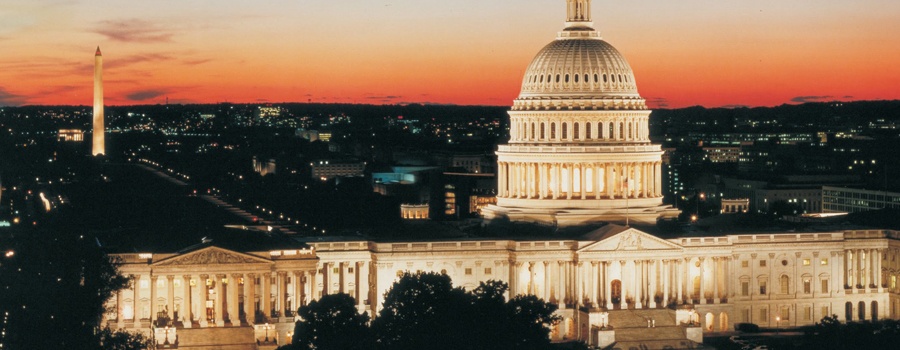Tag: IPAB
-

Bipartisan Budget Act Boosts Health Programs
In a rare show of bipartisanship for the mostly polarized 115th Congress, the Bipartisan Budget Act of 2018 is officially one for the record books. The week leading up to the final vote was far from smooth with Sen. Nancy Pelosi impressively filibustering on the floor of the U.S. Senate for eight hours to Rep.…
-

Legislative Update: What Happened This Week in Washington…
From President Trump’s new tax plan to renewed funding for the Children’s Health Insurance Program to former President Obama’s Independent Payment Advisory Board, health care has been at the center of a lot of discussions this week on Capitol Hill. Vote Expected Today for CHIP — The House is expected to vote today to pass…